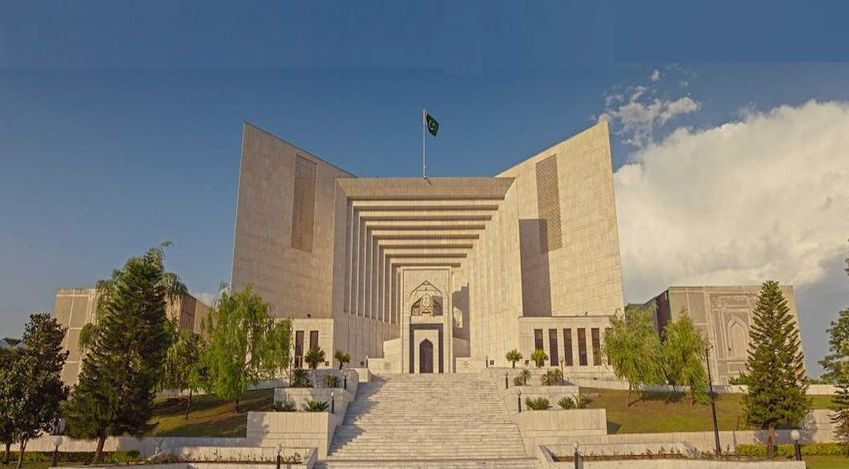Failure to provide Evidence supporting the Claim of Co-Ownership --- Supreme Court of Pakistan Restores Lower Court Rulings
Islamabad 26-03-2025: The Supreme Court of Pakistan, in [Civil Appeal No. 117-K of 2022] Muhammad Ahmed Shaikh & others Vs. Shabbir Ahmed, has overturned a Sindh High Court ruling, restoring the decisions of the trial and appellate Courts in a long-standing property dispute.
The case centered around a suit for possession and mesne profit, filed by the appellants based on a registered sale deed dated March 5, 1989. The trial Court ruled in their favor, declaring them the rightful owners of the property and deeming the Respondent an illegal occupant. The appellate Court upheld this decision, dismissing the Respondent’s appeal.
However, the respondent sought relief from the Sindh High Court through [Revision Application No. 239 of 2010], which was allowed. The High Court’s decision effectively reversed the concurrent findings of the lower Courts.
A two-member bench, comprising Mr. Justice Irfan Saadat Khan and Mr. Justice Muhammad Shafi Siddiqui, heard the appeal and found that the High Court failed to provide valid reasoning for overturning the concurrent judgments of the lower Courts.
The Supreme Court of Pakistan noted the following key points:
- The High Court did not justify setting aside the registered sale deed, which had been upheld in previous litigation.
- The Respondent’s claim that he had paid a portion of the property’s price was unsupported by evidence.
- A belated suit filed by the Respondent to cancel the registered sale deed was dismissed at both trial and appellate stages.
- The High Court misinterpreted the nature of the appellants’ suit, erroneously treating it as an administration suit rather than one for possession and mesne profit.
The Supreme Court of Pakistan, in its short order issued on March 20, 2025, set aside the High Court’s ruling and restored the judgments of the trial and appellate Courts, reaffirming the appellants’ ownership of the disputed property. However, the Court granted the respondent the right to pursue any other legal remedies available to him.








